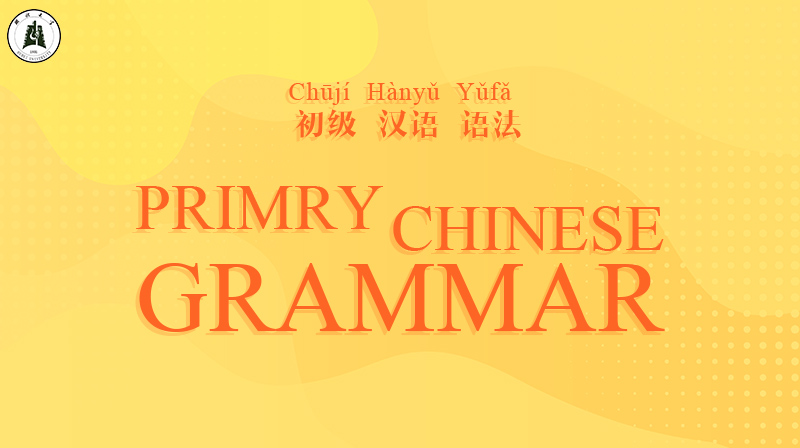第八章单元测试
- 关于“有”字句,下面哪个中文句子不对?( )
Which of the following Chinese sentences is wrong about the “有”-sentences? ( ) - 关于连动句,下面哪个中文句子不对?( )
Which of the following Chinese sentences is wrong about the sentences with a serial verb construction? ( ) - “We often chat and text each other in Chinese”这句话的正确中文翻译是( )。
The correct Chinese translation of the sentence “We often chat and text each other in Chinese” is( ). 下面哪些句式是表示强调的“是……的”句式?( )
Which of the following Chinese sentence patterns are the “是…的” structures, used to emphasize time, place, manner or the agent of an action? ( )关于“比”字句,下面哪些中文句子是对的?( )
Which of the following Chinese sentences are correct about the “比”-sentences? ( )- “他吃得比我多得多” 和 “他比我吃得多得多” 这两个句子都是对的,意思也一样。
Both of the Chinese sentences “他吃得比我多得多” and “他比我吃得多得多” are correct and have the same meaning: He eats much more than me.( ) - “运动使我快乐,读书也使我快乐。”是典型的兼语句。
“运动使我快乐,读书也使我快乐.(Sports make me happy, and reading makes me happy, too.)” is a typical pivotal sentence.( ) - 有些常用的动词,像“是、在、来、去、觉得、毕业”等等,都不能用于“把”字句。例如,“姐姐把大学毕业了”就是一个错误的“把”字句。
Some commonly used verbs such as “有”, “是”, “在”, “来”, “去”, “觉得”, “毕业”, etc. cannot act as the main verb of a“把-sentence. For example, “姐姐把大学毕业了(My elder sister has graduated from college)” is a wrong “把”-sentence.( ) - 在“把”字句中,否定词、助动词、能愿动词等都应放在“把”的前面。例如,你可以把电视声音关小点儿吗?
In “把”-sentences, the negative adverbs “不” or “没(有)” or auxiliary verbs should be placed before the preposition “把” if there is any. For example, 你可以把电视声音关小点儿吗?(Could you please turn down the TV?) ( ) - “外卖送来了”和“外卖被送来了”这两个句子都是对的。
Both of the Chinese sentences “外卖送来了” and “外卖被送来了” are grammatically correct.( )
A:中国有很长的历史。China has a long history. B:明天有雨。It will rain tomorrow. C:山田后边有玛丽。Behind Yamada is Mary. D:学校里有很多树。There are many trees in the school.
答案:山田后边有玛丽。Behind Yamada is Mary.
A:她上个星期坐火车去云南了。She went to Yunnan by train last week. B:我昨天没有去跑步。I didn’t go jogging yesterday. C:我每天自己做饭吃饭。I cook for myself every day. D:爸爸要去上海出差。Dad will go to Shanghai to have a business trip.
A:我们经常聊天用汉语和发短信用汉语。 B:我们经常聊天用汉语,也发短信用汉语。 C:我们经常用汉语聊天,和用汉语发短信。 D:我们经常用汉语聊天,也经常用汉语发短信。
A:我们是在公司认识的,他是我的新同事。We met at the company. He is my new colleague. B:这是送给你的。This is for you. C:我是跟旅游团一起来欧洲的。I came to Europe with a tour group. D:今天早上电话是儿子接的。The son answered the phone this morning.
A:这个题比那个题难一点儿。This question is a little more difficult than that one. B:今天的西瓜比昨天便宜多了。Today’s watermelon is much cheaper than that of yesterday. C:爸爸比妈妈重得多。Dad is much heavier than Mom. D:北京比武汉凉快一些。Beijing is kind of cooler than Wuhan.
A:对 B:错
A:错 B:对
A:对 B:错
A:对 B:错
A:错 B:对
温馨提示支付 ¥3.00 元后可查看付费内容,请先翻页预览!
